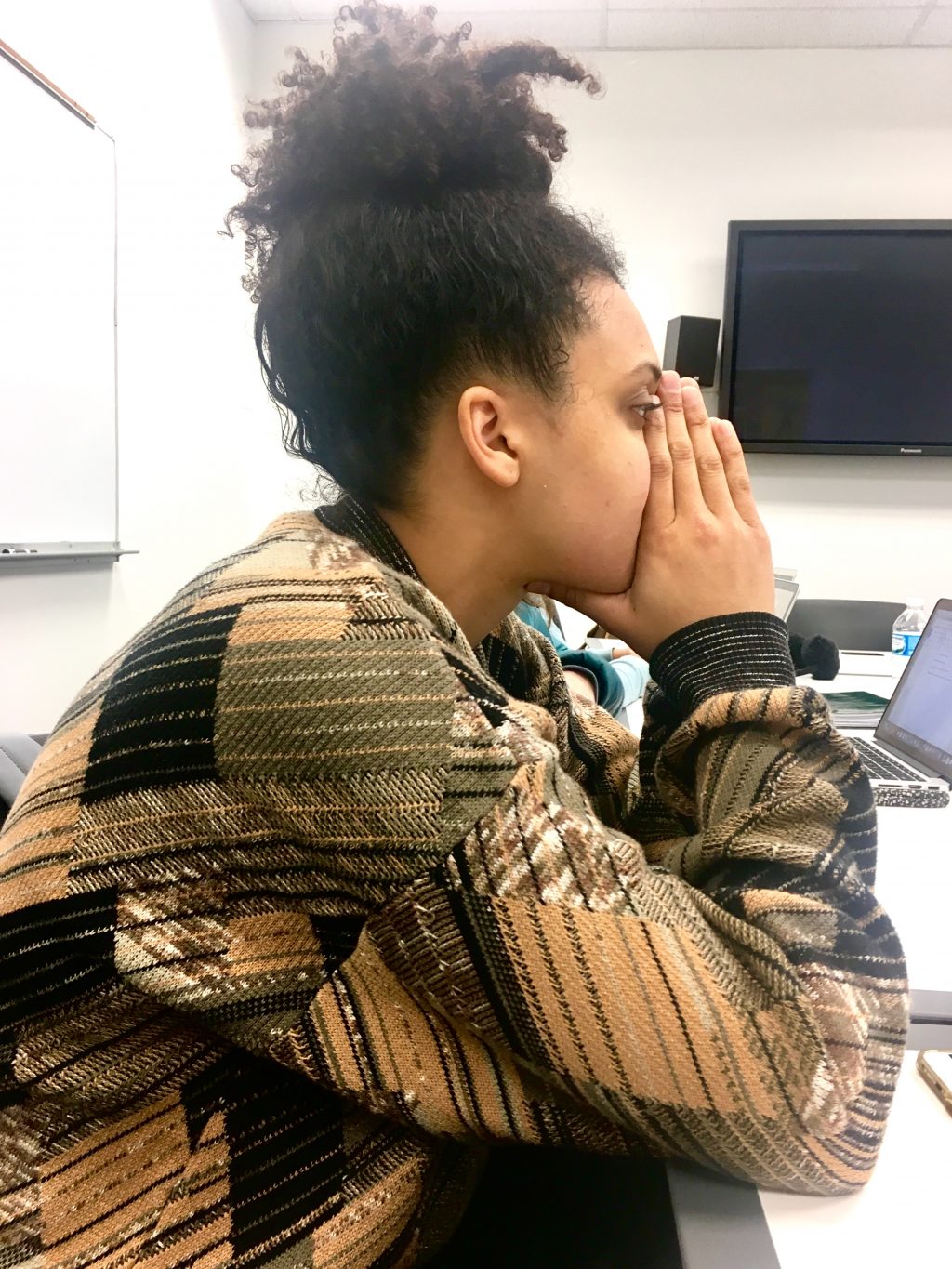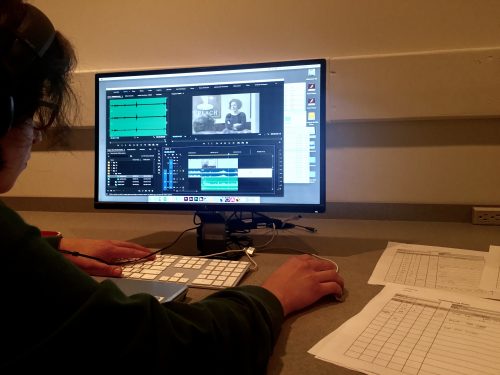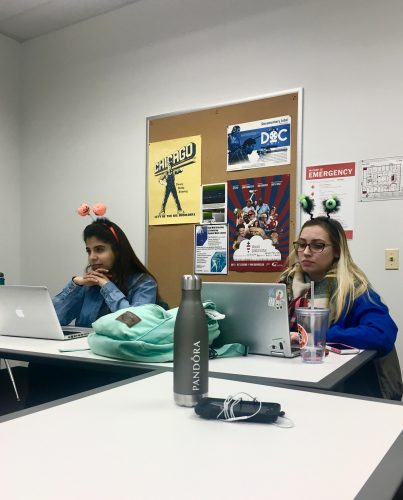
Can You Learn Anything If You Are Learning Everything?
In the eye of the storm, we (MFA Creative Producers) find time in class to discuss and evaluate our progress in the program. As we navigate the waters of our first year, feelings of frustration begin to surface. Feelings of doing “too much” without enough rhyme or reason are shared alongside feeling rushed to develop and produce content under seemingly arbitrary restrictions and deadlines. Welcome to grad school, where the biggest riddle to surface is, how are you going to structure the unstructured? In the midst of our mid-semester crisis, one of our professor’s asked us a great question: Can you learn anything if you are learning everything?
As a grad student and creative producer, now is an important time to be reminded of the importance of being strategic. It’s important to take a step back away from the white noise and identify what is most valuable to your advancement as a producer and student. It’s also important to take the time to identify what you’ve discovered and understand how you’re going to apply it and align it with your goals.

Editing Lab
The more I learn about creative producing, the more I realize how similar it is to project management. In light of that realization, it could be useful to apply project management and product development tools and techniques towards production management, an example being agile methodology. The development process involves continuous learning, prioritizing, and accepting imperfection. It’s important to recap what you’ve learned and make time in your daily routine to ask what have I learned, what worked, what didn’t work, and why. It’s easy to get distracted by new events, phone calls, text messages, emails, etc. Therefore, it’s important to stay focused on the task at hand that has been prioritized. Lastly, this (assignments, student films, etc.) is just an exercise. We need feedback in order to improve. Expecting perfection will make it harder to learn from our mistakes.
Besides project management, another parallel that can be examined are the similarities between producing a film and founding a startup company. Essentially, both start with a concept in the development phase and you need to know how that product/film fits into the marketplace, and how it differentiates itself. The various stages that follow are similar, from starting an LLC (limited liability company) to building a team, finding investors, and marketing/distributing your product/film. I hope to elaborate further on the similarities in a future post.

Writing for Producers Classroom
For prospective students, the biggest advice I can give at this point in the program is take the time before the program to identify material that you want to develop. By the end of the first semester, we are expected to have a development portfolio that includes an original short film concept, original feature film concept, adaptation short film concept, a life rights concept for a short or feature film, and an adaptation concept based on source material that’s in the public domain. You’ll find that there isn’t much time in between assignments and productions to find the material that you want to develop, material that truly aligns with your producer’s statement, your values, and your goals.
